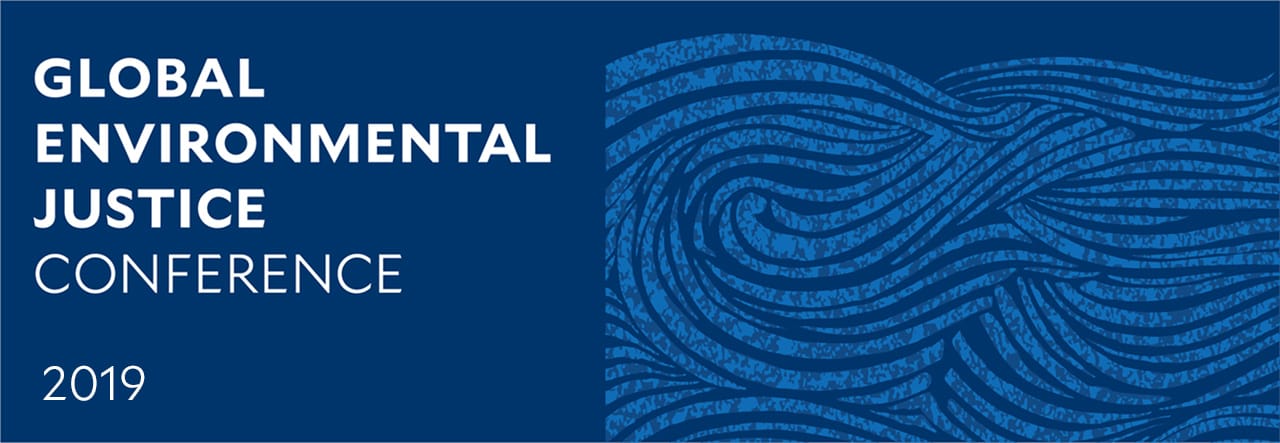Jessica Vandenberg

Jessica Vandenberg
Marine Affairs
University of Rhode Island
I am interested in the intersection of humans and nature and how conservation initiatives reorient this nexus. My current work connects to environmental justice issues because it explores how neoliberal conservation practices can lead to the re-appropriation of nature based on Western ideals, which may lead to the marginalization of local people and the dispossession of their autonomy over their environment and natural resources.
Coral reef restoration (CRR) is often presented as a marine conservation solution, which provides ‘win-win’ outcomes. However, most studies on CRR focus on the biological success, while little is known on whether social objectives of CRR are ever achieved.
Drawing on an ethnographic study of dispossession, corporate social responsibility and the local politics of CRR, this paper examines the socio-cultural dynamics related to a CRR initiative located on a small coral island in the Spermonde Archipelago of Indonesia. 154 household surveys and semistructured interviews were conducted in villages on the island where the program was implemented and 3 neighboring islands. By analyzing the narratives of local people from the immediate community and the surrounding communities, this paper describes the inter- and intra- village perceptions on the significance and impact of CRR on human environment relations.
Respondents revealed feelings of vulnerability, fear, and disempowerment.The transactional relation that the community has had with the company implementing the project has slowly evolved to fears of dispossession. Initially viewed as a source of supplementary income, the project is now widely viewed as a process where local people have sold their rights to marine territories that they once managed. Moreover, the restoration materials that are anchored to the seafloor are perceived as real and physical evidence of the company’s claims to ownership. This fear extends beyond their surrounding seascapes, where some are concerned that territorial claims will eventually encroach on the island itself. This study highlights the importance of understanding social complexities, historical context and micro-political systems at the local level in order to achieve longterm conservation goals.
The Cost of Coral: Aquapelagic Societies, Dispossession and Coral Reef Restoration
People and Partners
Yale School of the Environment
Kroon Hall
195 Prospect Street
New Haven, CT 06511
Email: ycej@yale.edu





